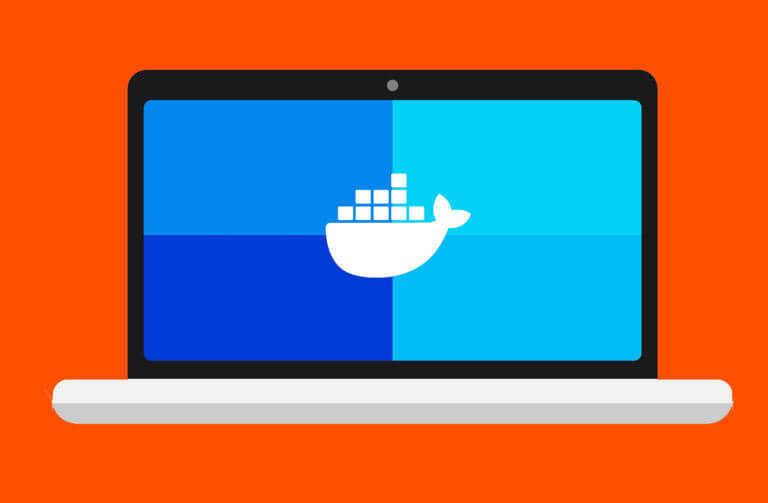In today’s digital age, businesses are faced with the pivotal decision of where to host their IT infrastructure. On one hand, there’s the traditional approach, where resources are housed “on premises” within the organization’s physical data center. On the other hand, cloud service providers offer their own data center infrastructure through a subscription you can use to access network, storage, and compute resources on demand.. The choice between these two isn’t black and white; it hinges on various factors like cost, security, scalability, and organizational preferences. Depending on their needs, organizations might be using on-premises, cloud, edge deployments, content delivery networks, or all of these elements together to host and manage data. In this article we’ll explore the differences between on premises and cloud approaches, and how to determine which solution is best for your needs.
What Is Cloud Hosting?
Cloud hosting means placing compute resources—such as storage, applications, processing, and virtualization—in multi-tenancy third-party data centers that are accessed through the public internet.
What Is On-premises Hosting?
On-premises hosting means placing compute resources in a data center-like environment that an organization or user builds and maintains themselves. Connectivity might be through a private network locally, as well as through the public internet for dispersed users.
What Is a Hybrid Cloud?
A hybrid cloud is a combination of cloud and on-premises deployments unified in a centralized platform for management and orchestration.
What Is a Private Cloud?
Narrowly defined, a private cloud is a cloud environment hosted and accessed within an office, campus, or other location. Private clouds are connected to the internet to provide cloud experiences similar to those of a public cloud, such as universal connectivity, streamed applications, centralized data, and workspaces. Amazon AWS and other vendors offer virtual private clouds, which use dedicated logically isolated sections and technology that allows customers to assign their own IP addresses to resources.
How to Choose between On-premises and Cloud Data Services
When deciding how your organization will host and manage its data, consider the following:
Agility
Cloud hosting has the advantage when it comes to agility—specifically, the ability to scale resources up and down quickly while only paying for what you use and how long/how much. However, for some organizations, an on-premises deployment might provide more agility, for example, by enabling specific development or orchestration techniques.
Resilience
Using an established cloud provider does come with some peace of mind that the provider has standards for reliability and uptime and processes in place to respond and recover from incidents, including asset redundancy and rigorous backup procedures. However, if a security incident affects all the provider’s customers, or if the incident blocks access to data for a period of time, resiliency is less effective.
Cost Management
The cloud offers low cost of entry and the ability to scale resources dramatically without incurring the cost of acquiring data center resources. There’s no question the cloud’s economies of scale have been a boon to organizations and users of all kinds and sizes.
While the costs of cloud may be lower, the expenses can swing up and down wildly, causing headaches around budgeting and cost management. The costs of on-premises hosting may be higher, but they’re more predictable. The predictability might be preferable for organizations that want to make changes to IT infrastructure without worrying about impact on cloud costs.
Further blurring the line between cloud and on premises is the relatively new possibility of acquiring a data center and its management on a pay-as-you-go basis. There are numerous vendors that offer this “data center as a service” (DCaaS) option for on-premises IT.
Evolving Technologies
Technology best practices change quickly. Major cloud providers can be counted on to incorporate the latest advancements and offer them to customers. If IT is on premises, the need to incorporate new technologies will fall on the company’s IT department and its budget.
Purpose-built Hardware
If your organization uses specialized hardware deployed on premises, replicating that hardware in a cloud data center may be a challenge.
IT Management
Cloud providers are in the business of making IT easier, with customer-centric tools and interfaces, plus features for easy management. But an on-premises deployment may provide more direct control, 24×7.
Staffing
The challenges of IT staffing go beyond simply costs. If an on-premises deployment requires specialized staff, retaining that staff then becomes critical. Using a cloud provider may help by removing the risk and headaches of staffing.
Compliance
Rules for data governance and data integrity, especially as to where data is stored, may dictate that some organizations avoid the cloud.
Computing Performance
A local private network, connected to a locally hosted data center, can operate at a higher level of performance than a cloud deployment relying on shared resources within the data center and the shared bandwidth and connectivity of the public internet.
Security
It’s unclear whether cloud or on-premises hosting can claim an advantage in the area of security. An on-premises deployment is theoretically less vulnerable since it’s isolated from the public internet and shared resources. But cloud providers can maintain security standards that might be tough to replicate with an on-premises deployment.
Conclusion
The cloud vs. on-premises decision is not a simple either/or choice. To serve specific, complex needs, many organizations end up using a combination of clouds both private and public. In addition, their public cloud instances may be spread across numerous cloud providers. The endless possibilities allow every organization to adopt the hybrid/multi-cloud environment that fits its needs.
Looking for the best of both on-premises and cloud storage deployments? Eliminate private and public cloud data silos with hybrid cloud solutions by Pure Storage.






